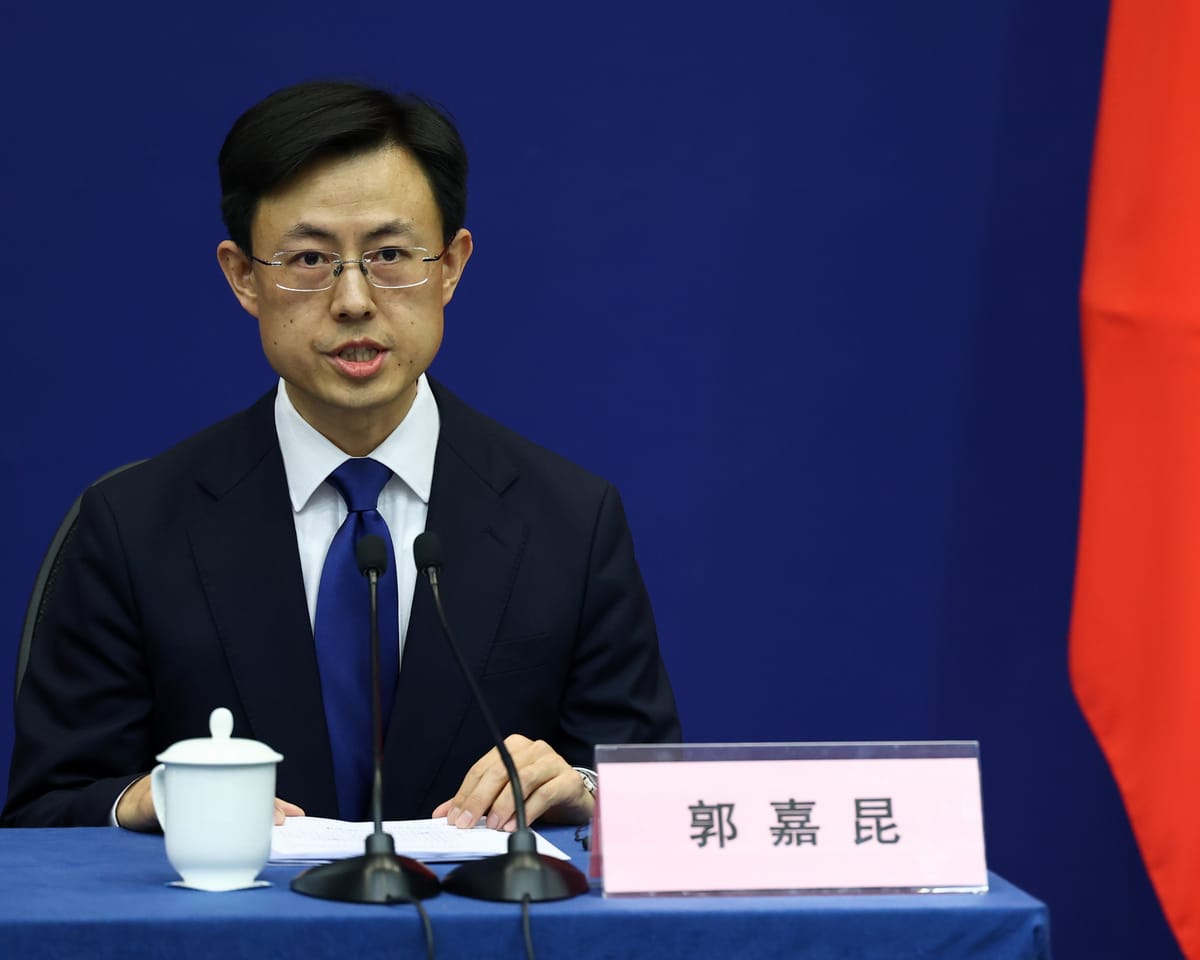China Restricts Departure of U.S. Federal Employee, Confirms Second Case
The Chinese government has prevented a U.S. federal employee from departing the country, according to a confirmation from the U.S. State Department.
The individual, affiliated with the U.S. Patent and Trademark Office, was in China for personal reasons. "We are closely monitoring the situation and coordinating with Chinese authorities to address it promptly," a spokesperson stated.
Chinese officials also acknowledged that another American, Wells Fargo employee Chenyue Mao, had been barred from leaving. Both individuals are under an "exit ban."
Such measures, which can apply to both Chinese nationals and foreigners, are known to be enforced for reasons including legal inquiries or unresolved civil matters. However, they have also been employed in diplomatic disagreements.
The specific grounds for the federal employee's travel restriction remain undisclosed. Previous reports suggested the individual did not declare government employment on the visa application and had prior service in the U.S. military. This marks the first known instance of a U.S. government worker being impacted by such a measure.
Chinese foreign ministry spokesperson Guo Jiakun declined to provide specifics regarding the federal employee's case during a routine press conference on Monday. But he confirmed Mao’s travel restriction, stating she was linked to a criminal investigation and required to assist authorities.
"Chenyue Mao is part of a case under review by Chinese law enforcement and is legally subject to an exit ban," Guo said.
Following Mao's detention, Wells Fargo—a naturalized U.S. citizen of Chinese origin—halted all staff travel to China.
A recent analysis noted that since 2012, China has broadened its legal framework for exit bans, with growing instances of enforcement, occasionally extending beyond legal grounds.
Read next

"UN rights officials call for leadership to label Israel's Gaza offensive as genocide"
Hundreds of UN Human Rights Staff Urge Leadership to Label Gaza Offensive as Genocide
A significant number of employees from the United Nations’ primary human rights body have endorsed an internal letter urging their leaders to recognize Israel’s military campaign in Gaza as genocide and to push member states

"Demonstrations break out in Indonesia after police car fatally strikes man"
Hundreds of Indonesians have gathered at locations across Jakarta to demonstrate following the death of a man struck by a law enforcement vehicle, marking the first major challenge for Prabowo Subianto’s administration, which took office nearly a year ago.
The victim, a motorcycle ride-hailing driver, was hit during clashes

"UN to halt Lebanon peacekeeping mission next year amid US, Israeli pressure"
The UN Security Council has extended the peacekeeping mission in Lebanon for another 16 months, though it will conclude by the end of 2026 following pressure from Israel and the US.
Council members unanimously approved the decision on Thursday to renew the mandate of the UN Interim Force in Lebanon

